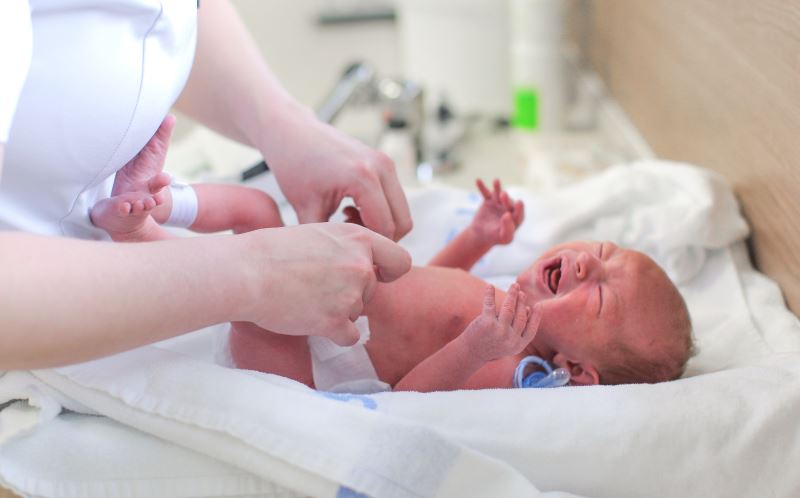In India, 25% to 30% newborns have low birth weight. Globally, there are about 20 million cases of the same annually in developing countries. It is associated with a wide range of both short-term and long-term consequences, including hearing and vision impairments. The World Health Organization (WHO) defines low birth weight as below 2,500 grams at birth.
Babies who are born premature are at greater risk of low birth weight. To ensure your baby’s health, good maternal nutrition and sufficient pregnancy care are a must. Little steps today can help reduce the risk of low birth weight by 30% till 2025, according to an article by the United Nations Children’s Fund (UNICEF). If you are pregnant and wish to know about baby weight complications, here’s a useful guide.
What Causes Low Birth Weight?
A delivery before 37 weeks can lead to very low birth weight (VLBW), which is less than 1500 grams. This mainly happens because the child did not have enough time in the uterus to grow and gain weight. It can further lead to fetal growth restrictions and might have serious underlying conditions that require treatment.
Another cause could be problems with the placenta. It includes abruption, tear, and insufficiency, placenta previa, and placenta accreta. All of these issues can restrict oxygen and nutrient flow into the baby’s bloodstream. Thus, the fetus suffers from intrauterine growth restriction (IUGR), and ultimately, the baby weighs less than the normal, which is about 3.5 kg.
Mothers exposed to substance abuse like alcohol or illicit drugs are likely to deliver unhealthy babies. Also, poor quality or no prenatal care and untreated pregnancy complications can produce an underweight child.
Additionally, low amniotic fluid, umbilical cord complications, uterus infections, and chromosomal abnormalities can keep the fetus from getting appropriate nutrition.
Symptoms of Low Birth Weight
Doctors look at low oxygen levels, infections, neurological issues, difficulty in feeding, and gastrointestinal problems as symptoms of a low birth weight baby. Sudden infant death syndrome (SIDS) is often a result of extreme malnutrition. The tiniest babies usually weigh fewer than 500 grams with the least survival chances. They require neonatal intensive care unit (NICU) to gain enough mass to live. Therefore, doctors perform an ultrasound to estimate the fetal size and detect symptoms even before birth. A rough measurement of the head, femur, and abdomen can tell if the baby would have low weight or not. Preventing premature birth is the ideal way to ensure a well-nourished baby. Get in touch with a child dietician to help your baby gain weight smoothly and increase the chances of healthy fetal growth. Also, mothers must stay away from smoking and drinking, which positively contribute to adverse newborn health.

